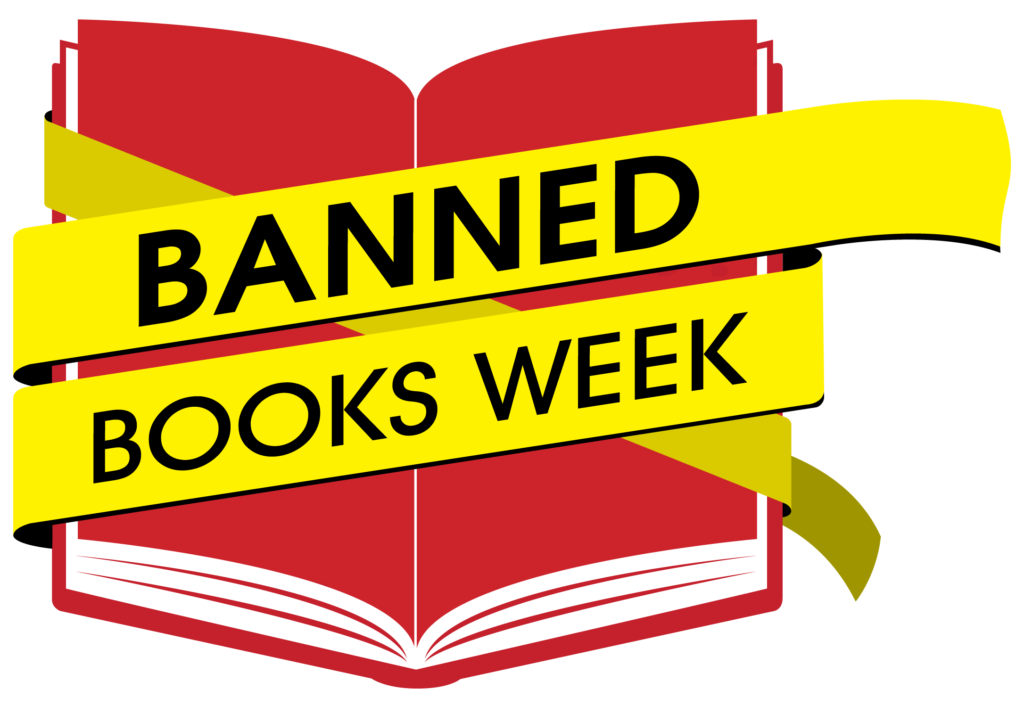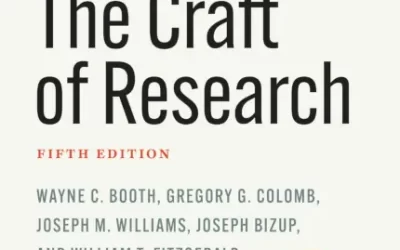On Sunday, October 1, 2023, I attended the Chapel Hill Public Library’s “Right to Read: Intellectual Freedom Panel Discussion” in honor of Banned Book Week. Aside from the discussion, I also enjoyed the free snacks, a free copy of Raina Telgemeier’s Drama courtesy of Red Wine and Blue’s Banned Bookmobile, exhibit posters with statistics about banned books, and complimentary informative postcards to send to elected officials. The moderator was Joal Broun (Orange-Chatham District Court Judge), and the panelists were Renee Sekel (Deputy North Carolina Director of Red Wine and Blue), Gretchen Westman (Morris Grove Elementary School Media Specialist), Tracy Fitzmaurice (Jackson County Librarian & Fontana Regional Library Director), and Graig Meyer (North Carolina State Senator). Here are some of my takeaways from the panel discussion.

1. Most of the challenged books contain LGBT themes
This is not a surprise, given recently proposed North Carolina laws that aim to suppress classroom discussion of sexuality, ban gender-affirming care for minors, or forbid transgender girls from competing in sports. Renee noted that books about sex and being gay generate many challenges, particularly Genderqueer and It’s Perfectly Normal; the former is a graphic novel memoir about a young person’s exploration of their sexuality and gender identity, and the latter is a picture book about puberty, sexual health, and other sexual topics. Graig even noted that some concerned citizens have challenged the Bible for depictions of sex, rape, and incest. Tracy suggested that some people think there shouldn’t be any sex-ed before the age of 18, while Renee went so far as to suggest that challenges against LGBT books is about telling such people they don’t have a right to exist. Ultimately, Tracy defended such books’ existences by stating they can save lives by making people feel less alone; these are stories readers need to read. And Graig suggested that such challenges are signs that progress is winning, and that a progressive society will persist, for example by making progress on rights for trans people. But Tracy also pointed out that rainbow stickers on books could draw unwanted attention to readers who want privacy in their reading.
2. Concerned citizens use social media and other methods of protest to attack the morals of people who defend controversial books, but those book proponents can use those same methods to defend themselves
Renee recounted an incident in which a gentleman accused her of being proof that grooming works because she is the mother of two transgender children. Renee shared this story with friends, and within 24 hours, a video was up online that defended her. Tracy noted that protestors can use newspapers to put out information that is not true, but she can respond with a factual letter refuting those claims.
3. Laws and other regulations can restrict access to certain books and punish people for distributing them, but other laws can also ensure that people retain access to those books
On the one hand, as Tracy noted, publishers can end up in court as a result of book bans, as in the cases of Genderqueer and A Court of Thorns and Roses. She also noted a new North Carolina bill that proposes adults being carded for entering the adult section of a library. Renee mentioned a proposal that librarians could be charged with a misdemeanor for allowing a child to choose a book from the adult section of the library. She suggested that such proposed laws intend to foment distrust among the public, as some people consider picture books to be “adult” just because the books contain content that they don’t like. On the other hand, Gretchen noted that librarians have a very clear process for accepting challenges, and the challenge form requires that readers read the entire book (with the option to list concerns for just their own children or all children). Tracy noted that her library allows for the right for people to reconsider a book ban and that a review of a book will only work if everyone is trying to get to the same place in a polite fashion. Gretchen pointed out that a “Parents’ Bill of Rights” will only work if you fit the profile of a parent who would benefit from such regulations. And Tracy noted that she has begun using the 14th Amendment to the U.S. Constitution (regarding equal access) to legally defend against book challenges. She noted that libraries can get sued for removing books, because you can’t remove a book solely because of content. And Graig urged school boards to be purposefully non-compliant with North Carolina’s Parents’ Bill of Rights law because there is not a punishment clause within that law
4. Intellectual freedom and universal access to books are paramount above all else
Gretchen said she believed that intellectual freedom is the right to think about and learn about the things you want, and Tracy concurred that it is important to find the information you are looking for. Renee suggested that intellectual freedom allows better ideas to emerge, and suggested that people be open to thinking beyond their existing beliefs. Renee noted that if you take a picture book out of the Children’s section and move it to the Romance section, you are taking a book out of the hands of a child, and that is effectively a ban. Tracy stated that it was important she keep libraries open and make sure everyone has access to all books. Gretchen explained that as a librarian, she needs to be able to collect the materials she needs for children to become thoughtful members of society. And Graig pointed out that it is a hypocrisy that rules banning books take away his own freedom
5. Citizens should be in charge of deciding what is age-appropriate — not the government
Graig suggested that professionals know how to make decisions about what is right at the right time, and that libraries should be trusted to choose age-appropriate content. Renee felt that there are absolutely books that doesn’t want her children to read (such as The Hunger Games because of its violent content). However, she stated that it is up to each individual parent to parent their kids, to formulate their own rules and enforce them.
6. Closing Comments
Graig stated that he loves the word “public” because it indicates a place where we can come together, and we will fail as a society if we cannot do that. Tracy urged the audience to pay attention, because ban attempts can spread everywhere, not just in the context of book access. And Renee urged us to constantly write to our elected leaders, making sure they know what we value.
Regardless of your values, it is possible that book bans might do more harm than good. But if nothing else, we should stay informed of the actions of those who attempt to regulate our access to books, and decide how to respond depending upon our beliefs.
By: Matt Wade
Matt is an Editorial Assistant at Technica Editorial




